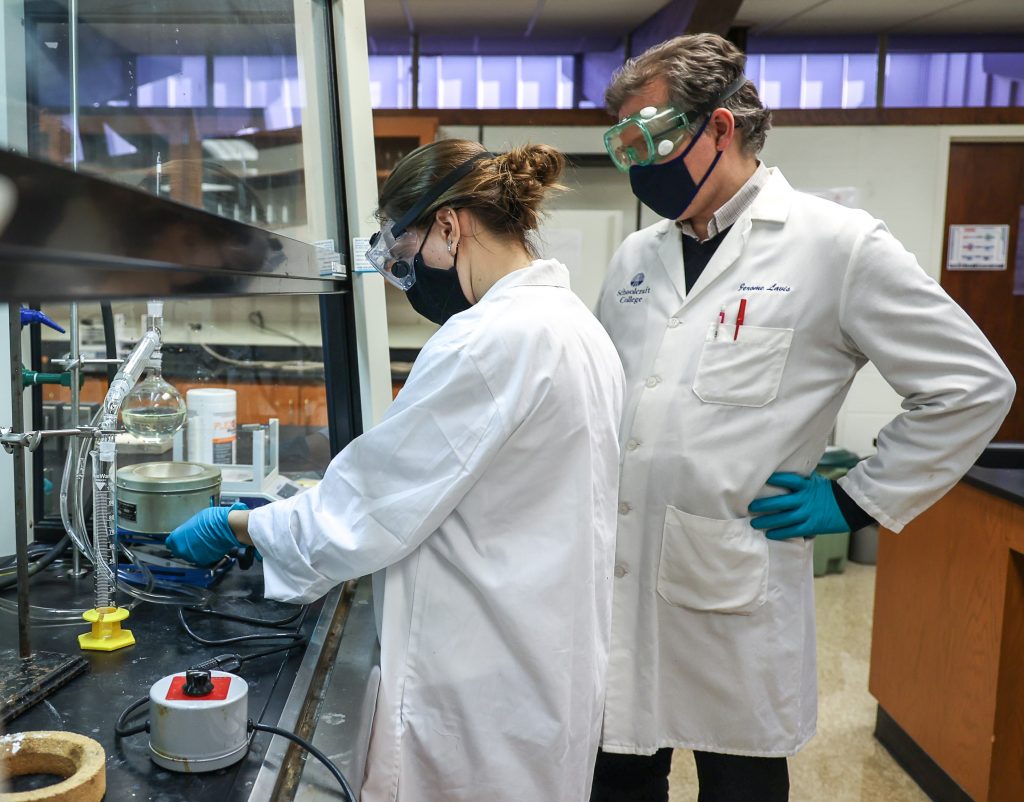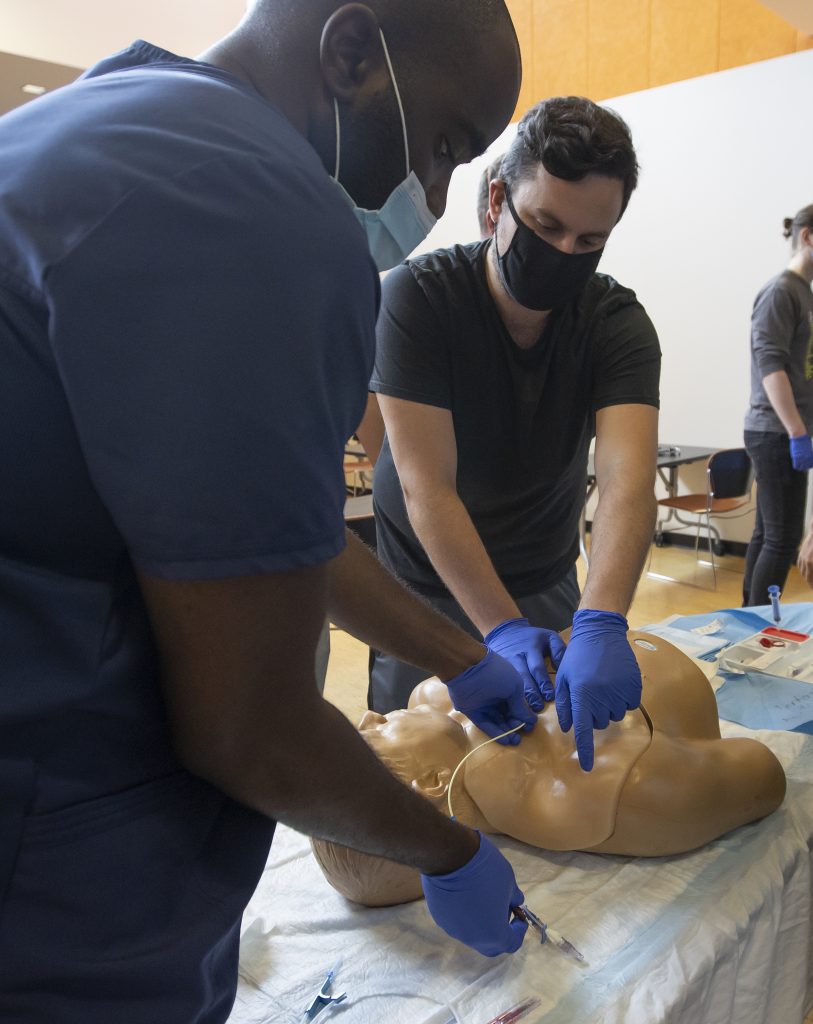Still Need for Philanthropic Support even with new State Programs
By Dawn Dyer Magretta, CFRE
dmagretta@schoolcraft.edu
Many community college donors wonder what happens to scholarships when state-funded programs like Future for Frontliners and MI Reconnect offer ‘free community college.’

The short answer is that there remains a need for student scholarships and student supports even with these opportunities.
These programs are excellent opportunities that assist in education attainment. But, they are not available for all students seeking an education. For instance, Future for Frontliners announced in September 2020, is open to Michigan residents that worked in an essential industry, at least part-time, for 11 of the 13 weeks the State had a stay–at–home order.
Applicants must also have not previously earned a college degree and not be in default on a federal student loan.

In February, Governor Whitmer announced Michigan Reconnect, a $30-Million program offering free tuition and fees for residents ages 25 and older. As noted in Bridge Michigan, one in five residents who otherwise meet the program requirements, community college still won’t be free. For example, one caveat of Michigan Reconnect is residents can only attend the campus within their community college district, the geographic region that pays property tax toward one of the State’s 28 community colleges.
Don’t get me wrong, programs like Future for Frontliners and Michigan Reconnect are important and badly needed! For example, at Schoolcraft, these programs have helped over 2,300 students have the opportunity to obtain their educational goals. Those students, however, may still be in need of money for books, computers, child-care, and other necessities.

So, what about the role of philanthropy? Alternative funding sources are crucial to helping close the gaps for students who don’t meet state and federal programs’ criteria. Many students are just above the minimum income required to qualify for federal financial aid. They may not meet the requirements for special programs like Michigan Reconnect or Future for Frontliners. Scholarships remain an essential resource to these students.
Community colleges have realized the impact philanthropy can have on programs, new initiatives, and many more areas to drive student success and be an important resource to the communities they serve. To effectively educate and train the next generation, it is vital to invest in community colleges’ future. They are often the backbone of a community and an economic driver of educating the current and future workforce.

